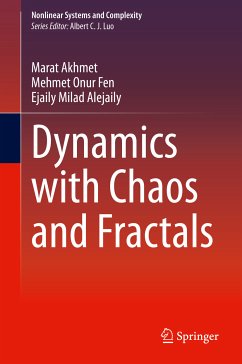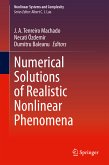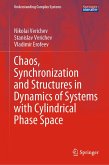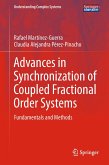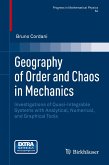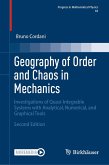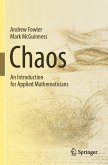The book is concerned with the concepts of chaos and fractals, which are within the scopes of dynamical systems, geometry, measure theory, topology, and numerical analysis during the last several decades. It is revealed that a special kind of Poisson stable point, which we call an unpredictable point, gives rise to the existence of chaos in the quasi-minimal set. This is the first time in the literature that the description of chaos is initiated from a single motion. Chaos is now placed on the line of oscillations, and therefore, it is a subject of study in the framework of the theories of dynamical systems and differential equations, as in this book. The techniques introduced in the book make it possible to develop continuous and discrete dynamics which admit fractals as points of trajectories as well as orbits themselves. To provide strong arguments for the genericity of chaos in the real and abstract universe, the concept of abstract similarity is suggested.
The Book
- Stands as the first book presenting theoretical background on the unpredictable point and mapping of fractals
- Introduces the concepts of unpredictable functions, abstract self-similarity, and similarity map
- Discusses unpredictable solutions of quasilinear ordinary and functional differential equations
- Illustrates new ways to construct fractals based on the ideas of Fatou and Julia
- Examines unpredictability in ocean dynamics and neural networks, chaos in hybrid systems on a time scale, and homoclinic and heteroclinic motions in economic models
Dieser Download kann aus rechtlichen Gründen nur mit Rechnungsadresse in A, B, BG, CY, CZ, D, DK, EW, E, FIN, F, GR, HR, H, IRL, I, LT, L, LR, M, NL, PL, P, R, S, SLO, SK ausgeliefert werden.
Hinweis: Dieser Artikel kann nur an eine deutsche Lieferadresse ausgeliefert werden.

